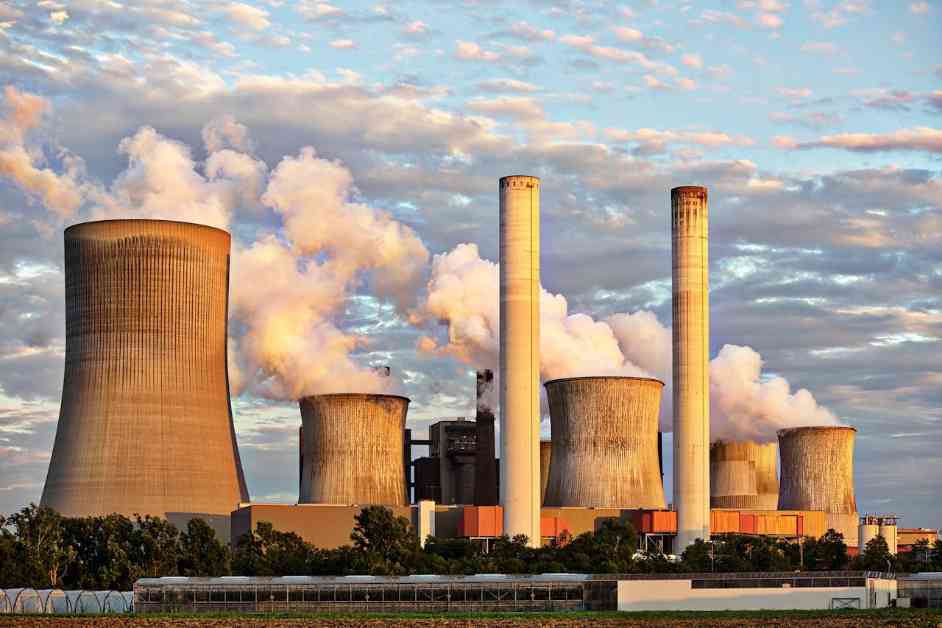The Nuclear Company, a Kentucky-based energy group, is embarking on an ambitious plan to build a six-gigawatt fleet of nuclear power stations across America. This visionary approach to nuclear energy aims to bring together individuals from all sides of the energy equation, sparking discussions and mobilizing public support for the development of nuclear power in the United States.
The chairwoman of Women in Nuclear, Juliann Edwards, highlighted the increasing demand for electricity in the country and emphasized the importance of exploring nuclear energy as a viable solution to meet this growing need. Edwards, an executive with the Nuclear Company, stated that the company’s Nuclear Frontier bus tour was designed to inspire, educate, and garner public backing for the expansion of nuclear power infrastructure in America.
Pittsburgh, Pennsylvania, served as the launchpad for the Nuclear Company’s bus tour, a fitting choice due to the city’s rich history in nuclear energy. The first commercial nuclear reactor in the United States began operating in Shippingport’s Beaver County in 1957, marking a significant milestone in the nation’s nuclear energy journey. Pittsburgh industrialist George Westinghouse’s contributions to the industry further solidified the city’s connection to nuclear power.
The legacy of George Westinghouse, known for commercializing alternating current and revolutionizing electricity distribution, remains intertwined with the nuclear era. Westinghouse’s technology is utilized in half of the nuclear reactors operating worldwide, showcasing the lasting impact of his innovations. Ms. Edwards emphasized the importance of building a sense of community around the nuclear industry and raising awareness of its longstanding track record of safe and reliable electricity production.
The Nuclear Company’s approach to nuclear development focuses on utilizing proven and licensed technology, as well as fostering partnerships with communities, regulators, and financial stakeholders. By embracing a design-once and build-many strategy, the company aims to streamline the delivery of nuclear infrastructure projects and ensure the provision of cost-effective and sustainable electricity to consumers.
Despite the historical challenges faced by the nuclear industry, including incidents like the Three Mile Island accident in 1979, there is a renewed sense of optimism and support for nuclear power. Ms. Edwards acknowledged past fears and misinformation surrounding nuclear energy but emphasized the industry’s evolution towards greater transparency and safety standards. The resurgence of interest in nuclear power is driven by its potential to provide clean, baseload electricity without carbon emissions, addressing key environmental and energy security concerns.
The Nuclear Company’s bus tour traversed six states, engaging with stakeholders and communities to promote the benefits of nuclear energy. From Pennsylvania to Georgia and Washington, D.C., the tour showcased the positive momentum and interest surrounding nuclear power as a sustainable energy solution. Ms. Edwards likened the newfound enthusiasm for nuclear energy to a well-kept secret finally unveiled to the public, sparking curiosity and enthusiasm among individuals eager to participate in the industry’s revitalization.
As the United States grapples with increasing energy demands and the imperative to transition towards cleaner sources of power, nuclear energy emerges as a promising solution with vast potential. The Nuclear Company’s innovative approach to nuclear development, coupled with a commitment to safety, efficiency, and community engagement, positions the industry for a renaissance marked by collaboration and progress. With bipartisan support and a renewed appreciation for the benefits of nuclear power, the future of America’s energy landscape appears brighter than ever before.


